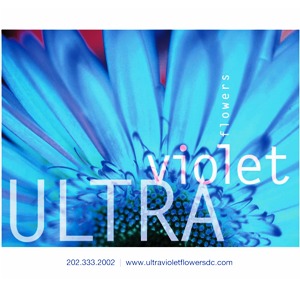Healing Nutrition

I'm running a tight ship here in Westlake Village, California, with my mother, to quicken her recovery from knee-replacement surgery. My "Healing Diet" worked beautifully after her hip replacement surgery five years ago; she healed quickly, and without the weight gain she dreaded. So I'm here to give her my special Healing Diet treatment program again. What you eat profoundly affects your ability to recover from surgery or heal from any injury. Everyone's nutritional needs are different, but there are general rules of thumb for maximizing your body's ability to heal through foods.
Protein
Protein is one of the most important nutrients in the human body, second only to water. Protein is critical for healing, and immune function is impaired without enough. The antibodies essential to protecting your body against pathogens are made of protein. Protein is necessary to repair and build tissue and muscle, broken down after surgery or injury. So without enough protein, your body has no chance to heal.
Certain vulnerable populations, such as the elderly, children, and those who already have compromised immune systems, should be particularly careful to eat enough protein – in fact, even more than the recommended dietary allowance – for maximized protection. Your protein needs should be individualized and, to maximize your body's ability to absorb and use protein, it should be eaten in small amounts through the day.
Fats and Oils
The type of fat you eat can improve the effectiveness of your body’s immune response because fat ends up in all of your body’s cell walls. It acts as a cell lubricant, improves flexibility and communication between cells. If the fat you eat is saturated – solid at room temperature – as in butter or animal fat – this decreases cellular flexibility and functioning.
Vitamins and Minerals
Studies show all nutrients are involved in your immune response but taking high doses of certain nutrients in supplements can cause imbalances, backfire, and actually suppress your immune response. So it’s ideal to get your vitamins and minerals from nutrient-rich foods and a balanced diet. Your immune system especially needs foods high in Vitamins C, D, E, B12, Zinc, Beta Carotene, and Magnesium.
Probiotics
The good bacteria in the gut, which aids aborption of important nutrients, is reduced as we age. There is some evidence that eating more of the good bacteria, such as lactobacillus in yogurt, may help your immune response and healing.
Learn more about immune nutrition and my mother's special healing diet program...
Katherine staying in shape while visiting Mom in Westlake Village, CA ...






